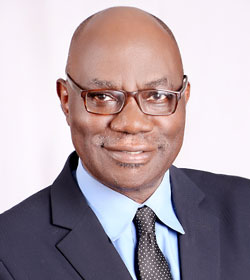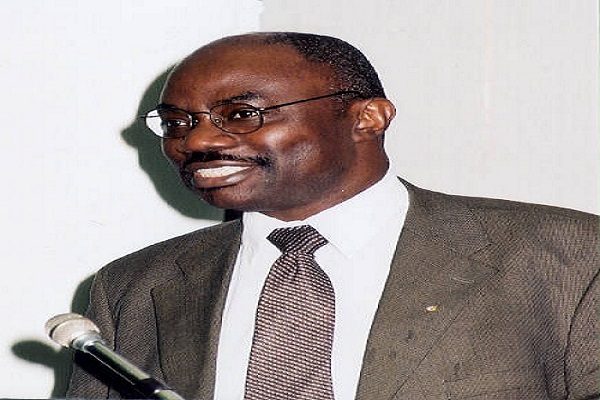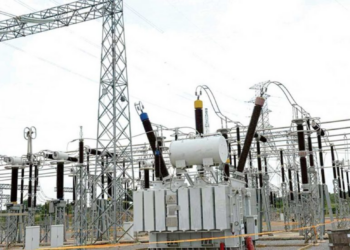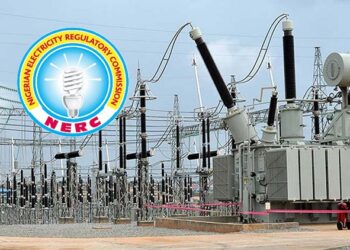The new Chairman of the Nigeria Electricity Regulatory Commission (NERC), Prof James Momoh, has stated his resolve to revoke the country’s current electricity metering software MYTO.
Read also: TCN seeks liquidation of power distribution company (Opens in a new browser tab)

Momoh made this known yesterday in Abuja during an interview with The Nation, during which he disclosed that his reason for abandoning the software is because of his lack of belief in its workability.
Read: Nigeria needs N36 trillion investment to achieve stable power supply(Opens in a new browser tab)
He also spoke about the need to checkmate corruption as yet another reason for his decision to dump MYTO. According to him, possibilities abound that MYTO might have facilitated the duping of consumers through false computations.
In his words:
Worldwide, it is not easy to calculate what it costs to produce one kilowatt of power. But we are not going to use somebody’s software that is passed on to us in NERC: they call it MYTO software. No! I am not going to believe that because I am a programmer. I develop programmes. I calculate things. I develop software packages in America for energies for the power sector. -Momoh
He further argued that it has become imperative to develop a unique software for the regulation of electricity costs in Nigeria. This, he said, is necessary just in cases of errors occurring, “our staff here will find out how to do it and they will modify the calculation and come with a better way. The idea is to make sure that we are not being cheated as customers.”
MYTO, which stands for which stands for Multi-Year Tariff Order, regulates the costs of electricity in the Nigeria Electricity Supply Industry. It is said to be set cost-reflective tariffs which will allow the power sector to be properly funded and functional. Professor Momoh, however, disagrees.
Note that he, Momoh, has not stated with definition what the replacement for MYTO will be. But he noted that he has constituted a team “whose job is to sit down quietly with me and unbundle the cost of one kilowatt of power, all the way from the gas supply to the GenCos through the transmission line to the DisCos to the customer’s end of it.”
He also claimed that he and his team know exactly how much it would cost to produce, process it and distribute it.

























